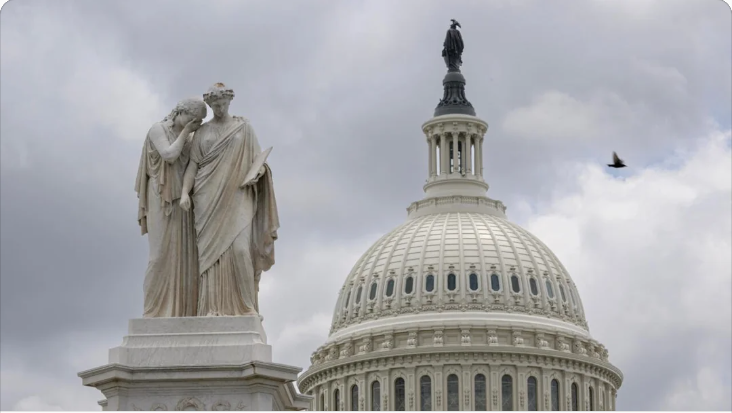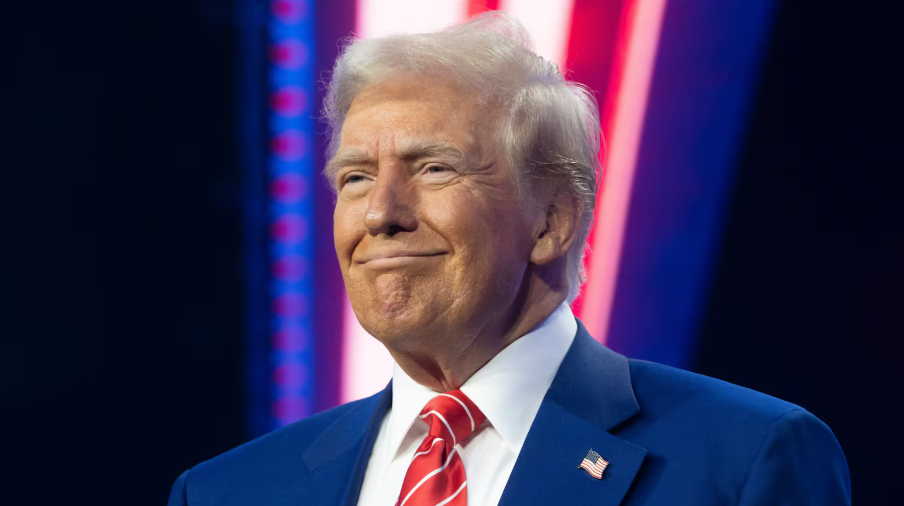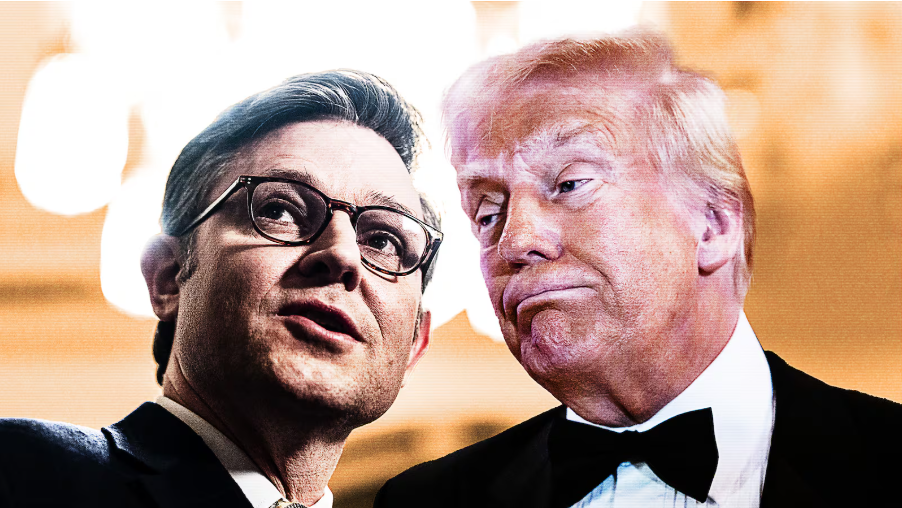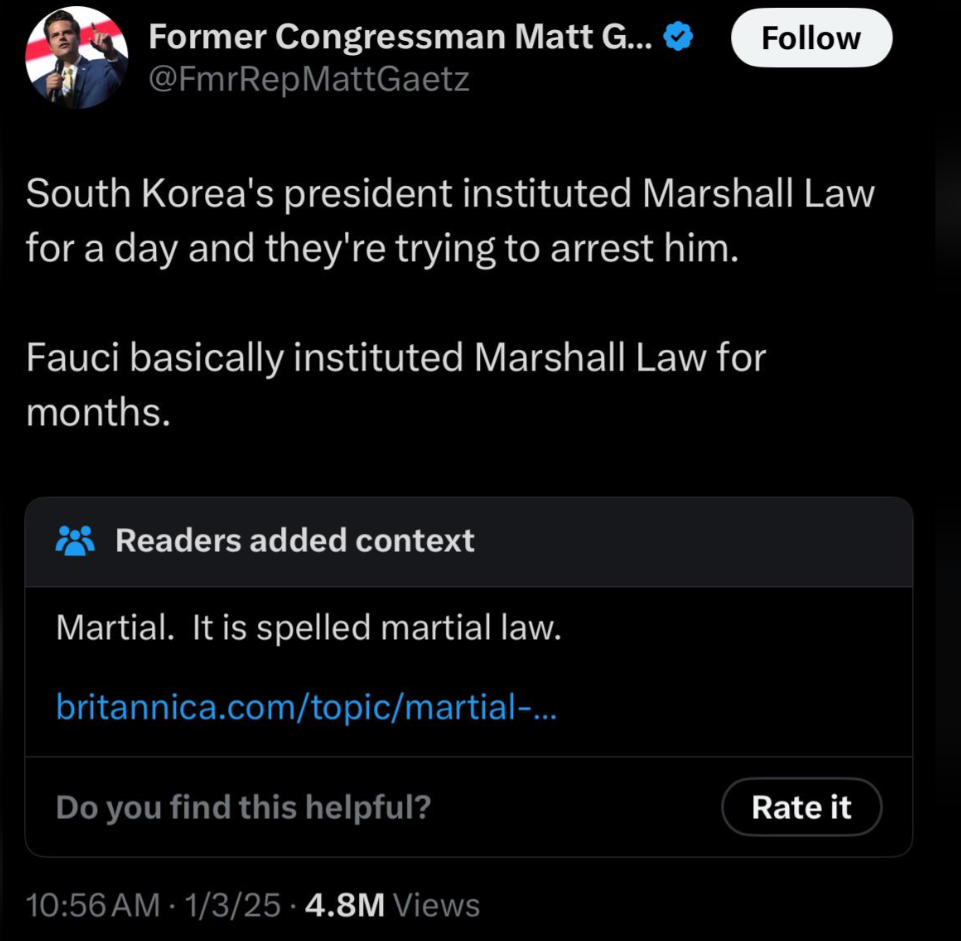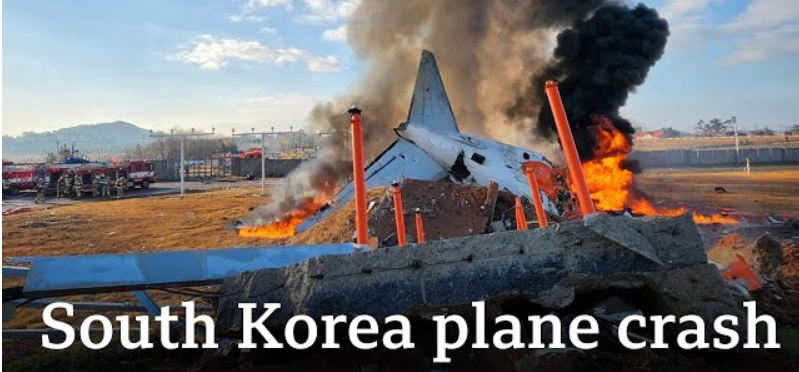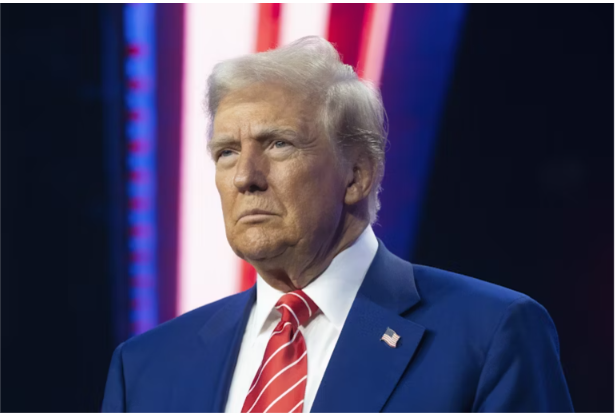US Agency Focused on Foreign Disinformation Shuts Down
In a surprising turn of events, the U.S. government has shut down an agency that was specifically tasked with combating foreign disinformation campaigns. The agency, which had become a crucial part of the nation’s efforts to protect the integrity of its elections and safeguard public trust in its institutions, has now been closed, leaving questions about the future of the U.S.’s fight against digital manipulation and external influence.
The Rise of Foreign Disinformation
Foreign disinformation campaigns have been a growing concern for U.S. intelligence agencies, especially in the wake of the 2016 Presidential election. During that election, Russian operatives, for example, used social media platforms to spread false narratives, sow division among American citizens, and potentially influence the outcome. Since then, there has been an increasing recognition of the need to monitor and combat such foreign efforts, with disinformation campaigns expanding to new platforms and increasingly sophisticated methods.
To address this threat, the U.S. government established a specialized agency focused on countering foreign disinformation. This agency was tasked with identifying, tracking, and neutralizing foreign efforts to spread misleading or false information across digital platforms. The goal was to protect U.S. elections, defend national security, and ensure the public was informed with reliable, truthful news.
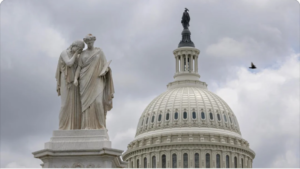
The Closure of the Agency
The decision to shut down this agency comes as a shock to many experts who believe foreign disinformation remains a significant threat. In an official statement, the government cited budgetary concerns, as well as changes in policy direction, as reasons for the closure. Critics, however, argue that this decision sends the wrong message at a time when foreign influence in the U.S. political system remains a serious issue.
The closure of the agency leaves a void in the government’s ability to directly counter disinformation from foreign actors. While various intelligence agencies will continue to monitor and respond to disinformation campaigns, the specific role of coordinating these efforts under one agency has now been eliminated. This raises concerns that the U.S. may struggle to maintain an effective and focused approach to disinformation as it becomes an increasingly sophisticated problem in the digital age.
The Impact on National Security
The dissolution of the agency dedicated to foreign disinformation has immediate implications for national security. Experts warn that foreign adversaries, particularly those involved in cyber warfare and influence campaigns, will take advantage of this shift. Countries like Russia, China, and Iran have already been accused of using disinformation as a tool of foreign policy to disrupt democratic processes, manipulate public opinion, and create division within Western societies.
With the closure of the agency, there is concern that the U.S. may be less prepared to identify and respond to these threats effectively. Disinformation campaigns, especially those launched by state actors, can be deeply damaging. They are designed to spread false narratives, destabilize social cohesion, and undermine trust in democratic institutions. Without a dedicated body to monitor and counter these efforts, it is feared that the U.S. will be at a disadvantage in protecting its political system from foreign manipulation.
Reactions and Future Plans
Reactions to the agency’s shutdown have been divided. Some policymakers argue that disinformation should be tackled within a broader framework of cyber security and that specialized agencies should not be solely responsible for fighting misinformation. Others, particularly those within the intelligence community and political watchdogs, have expressed concern about losing a focused effort to combat this growing problem.
In response to the closure, some government officials have suggested that the role of combating foreign disinformation will be absorbed into other existing agencies, such as the Department of Homeland Security and the State Department. However, many critics argue that this decentralized approach will dilute the efforts and make it harder to combat disinformation effectively.
Looking Ahead: The Evolving Threat
The shutdown of the agency does not signal the end of efforts to combat foreign disinformation, but it does raise questions about how the U.S. will approach this complex issue moving forward. As foreign disinformation continues to evolve—becoming more targeted, sophisticated, and harder to trace—the need for a coordinated, specialized response will likely remain critical. Whether the existing agencies can step up to the task, or if the government will reconsider its stance and reinstitute a more focused approach, is a question that will undoubtedly shape the future of the nation’s efforts against foreign influence.
Ultimately, the closure of the U.S. agency focused on foreign disinformation marks a significant moment in the ongoing struggle between protecting national security and managing government resources. How the U.S. responds to this rapidly evolving threat in the future will be critical in maintaining the integrity of its democratic processes.
